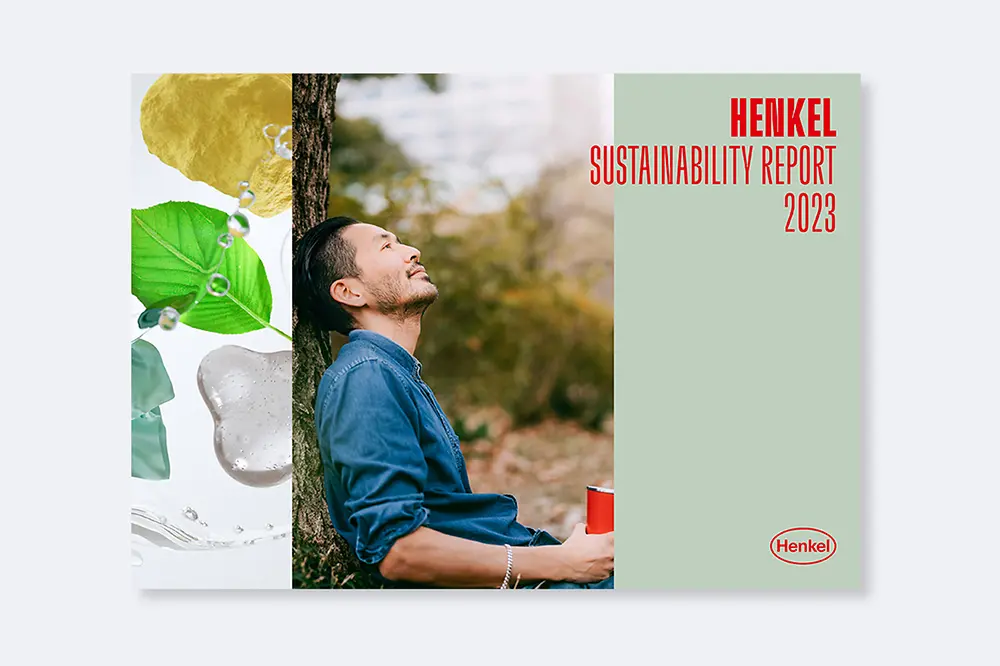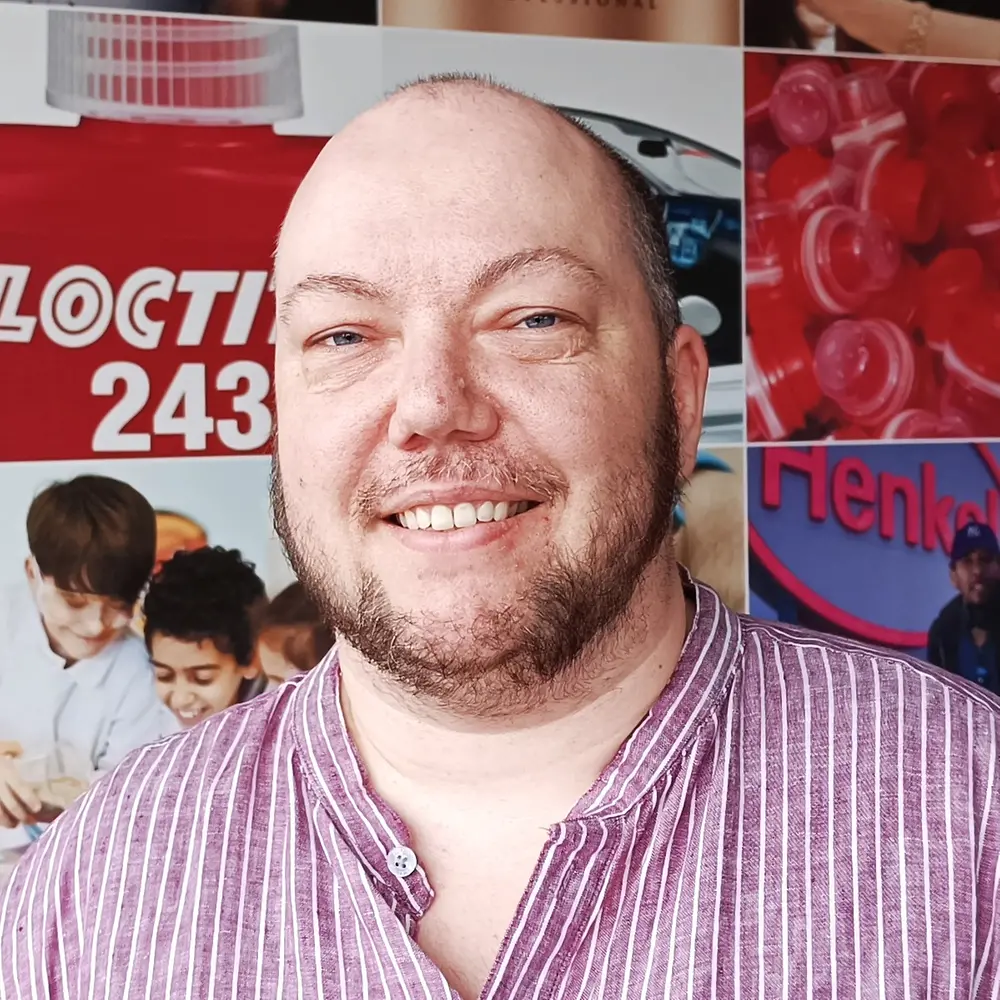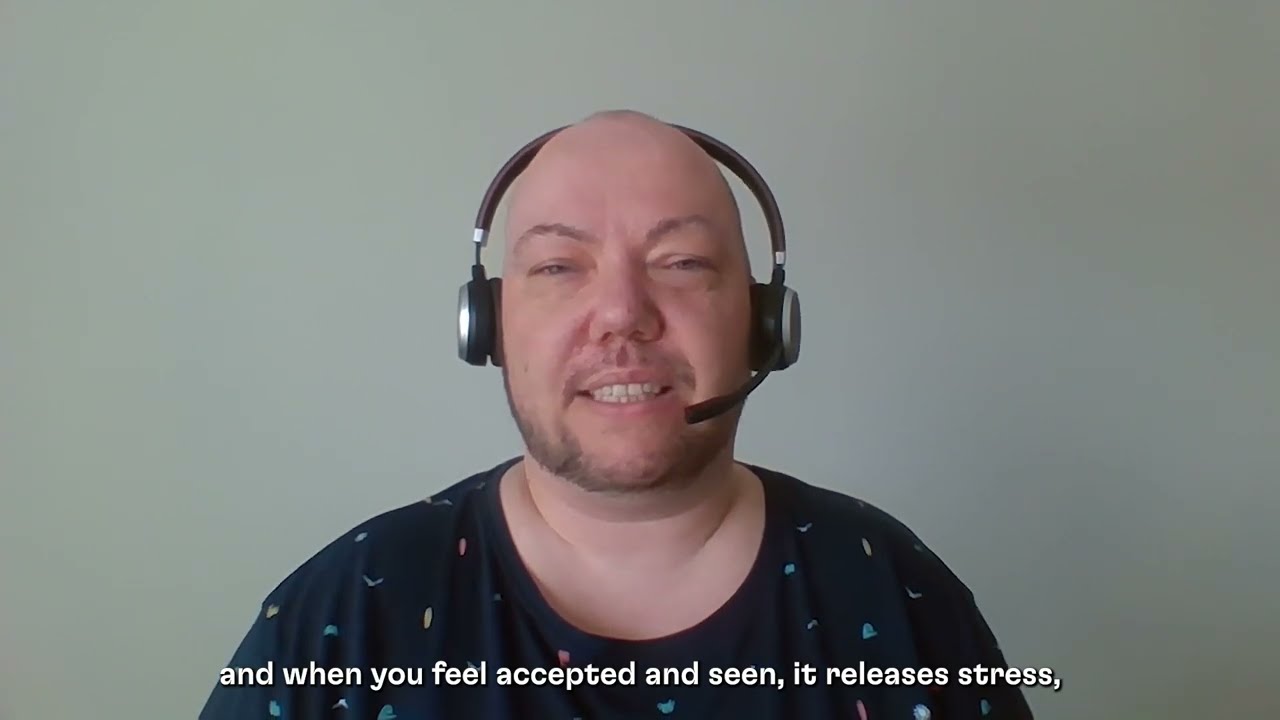That was four years ago. Did you know you were transgender back then?
In 2019 I was still wearing make-up and dresses, even though it never felt right: I come from a Catholic family and transgender issues weren’t very prominent in Slovakia. I was never confronted with topics like LGBTQ+ or diversity. The distribution of gender roles was clear: I was, for example, expected to wear colorful dresses, make-up, have long hair and behave like a woman. Then, one day, I shaved my head. Not only did I really like it, but I felt liberated. Afterwards, I had a look through my wardrobe and just got rid of the clothes that didn’t feel like me. It felt amazing – I finally decided to wear what I wanted to wear. I continued observing what felt right and what made me feel happy. I didn’t think about me as transgender. I thought about me as me and I wanted me to be happy in who I really am. The problem was that I spent my whole time pleasing other people and I lost track of who I am. I am lucky that I had a therapist which let me connect with my inner child regardless of the gender. The first and most difficult coming out is the one to yourself and it requires brutal honesty and a lot of inner work.
How did those in your social circle react to your coming out?
I remember posting my story into Facebook groups to find out whether the reactions would be positive or negative. I was “testing the waters” to see if it’s possible to be truly myself. I started with foreign ones because I was so afraid of people’s reaction in my own country. After sharing the doll story, I encountered even more validation and acceptance. The more I tried telling my story, the braver I became. But still I was very anxious to tell my parents. I remember that evening: I wrote them an email because I couldn’t find the strength to tell them face to face. I told them not to answer me right away, and to “sleep on it”. Still, my father answered me right away and called me his son – by my new name and with the right pronoun. I was overwhelmed by their love. I didn’t expect any of this at first. This gave me the courage to come out to my friends the day after. My friends showered me with love, and it was the most amazing time of my life.
3 Questions for Bennett Wright, HR Reporting & Total Rewards Expert at Henkel Slovakia
Using pronouns
Did you know that the use of gender pronouns contributes to an inclusive environment for non-binary people? Pronouns normalize conversations on gender identity and acknowledge gender is not only male or female. The following pronouns are used for male, female or non-binary persons:
Male: He / him / his
Female: She / her / hers
Non-binary: They / them / their
How did the employees at Henkel react when you came back as a man?
At the time of my coming out, I was working for another company where the reaction was quite negative. I thought the problem was that they just didn’t have the necessary knowledge about transgender inclusion, so I tried to educate them, but still did not receive the reactions I had hoped for. I was not even allowed to get a new email address with my preferred name. Ultimately, I had to leave that position. This experience had a significant negative effect on my mental health as it happened only a few months after coming out. At the end, it turned out to be the best thing that could have happened for me: I started to be very outspoken about transgender inclusion and it also led me back to Henkel.
Because of my previous experiences, I was extremely anxious about the first day back at work at Henkel. However, most of my former colleagues knew about my transition. They addressed me correctly from the start and I immediately felt accepted. They called me by my new name, and it felt great to be back. I was already in the HR system because of my past employment with Henkel and, even though in my documents I was still considered a female, from my first day on I was already categorized as a male. Since I already went through legal name change, all my data were updated accordingly – this included also receiving a new email address. That was such a good feeling: I felt seen. I remember telling one of my friends how amazing it feels to be recognized as a male even though my ID still said “woman”.
How do you perceive trans inclusion at Henkel?
Once I accepted the job offer, HR leadership including my manager had reached out to an LGBTQ+ NGO to learn how to be inclusive towards transgender employees as a company. The NGO talked about life of transgender people, coming out, psychological and legal help. They introduced basic dos and don’ts and encouraged them to ask me if there is something I need. I couldn’t believe it: Henkel understood that they have a knowledge gap and approached them from their own initiative! That’s the example companies need to follow. Now that I am firmly established in the company, in addition to my core job, I am leading a Global Transgender Employee Resource Group (ERG) together with Julia Kalder, Manager Agile Organizational Development at Henkel based in Germany, and Don Dominic, Global Manager DEI at Henkel based in Netherlands. Trans ERG provides a safe space and support for people who are considering coming out and/or transitioning at workplace. It feels amazing that Henkel wants to raise awareness about transgender colleagues, create an inclusive environment and that I am able to be part of this.












